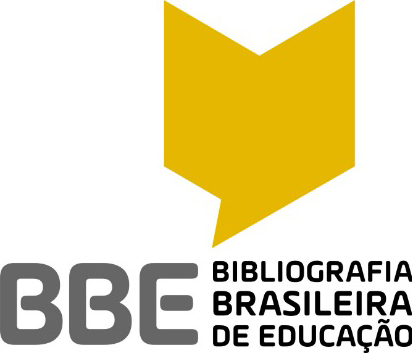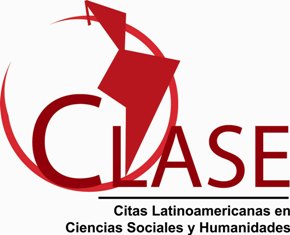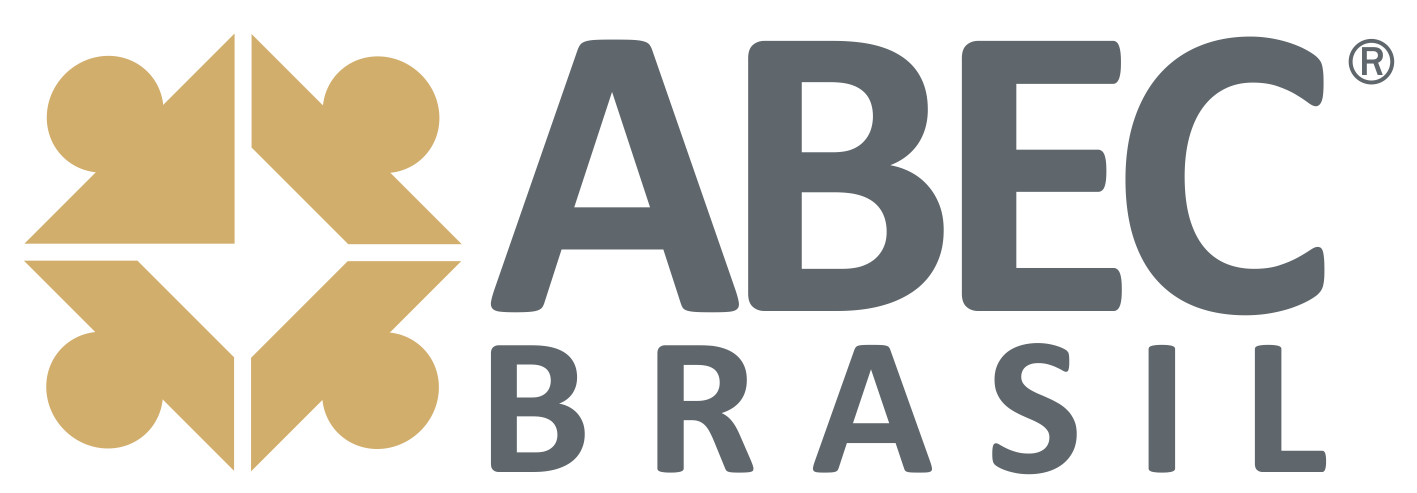Uso de la aplicación MIT app inventor en el aprendizaje de programación: una revisión sistemática de la literatura entre 2011 y 2020
DOI:
https://doi.org/10.22169/revint.v16i37.2120Resumen
RESUMEN
Aprender a programar implica comprender un conjunto de teorías y prácticas, conocimiento sobre paradigmas del lenguaje, sintaxis y semántica, habilidades de razonamiento lógico, matemático y abstracto y algorítmico. Estos aspectos dificultan el aprendizaje de los estudiantes principiantes, al ser una asignatura con altos índices de reprobación y deserción. Varios estudios han señalado los entornos de programación visual y de bloques como herramientas que pueden ayudar a superar algunas de las barreras iniciales. Este artículo presenta una revisión sistemática de la literatura sobre el uso del entorno de programación de bloques MIT App Inventor para enseñar y aprender a programar. Se realizó una búsqueda sistemática de artículos publicados entre 2011 y 2020 en seis de las principales bases de datos relacionadas con la informática y la educación. Los resultados de los 10 artículos analizados destacaron el potencial del entorno para el aprendizaje de conceptos de programación y también revelaron la falta de estudios experimentales que analicen el efecto de su uso en el aprendizaje y la motivación de los estudiantes.
Palabras clave: Aprendiendo a programar. Programación basada en bloques. MIT app inventor. Revisión
sistemática.
Descargas
Citas
AROMATARIS, Edoardo; PEARSON, Alan. The Systematic Review: An Overview. American Journal of Nursing, v. 114, n. 3, p. 53-58, 2014.
BOSSE, Yorah; GEROSA, Marco. Hy is programming so difficult to learn?: patterns of difficulties related to programming learning mid-stage. ACM SIGSOFT Software Engineering Notes, v. 41, n. 6, p. 1-6, 2017.
CHENG, Gary. Exploring factors influencing the acceptance of visual programming environment among boys and girls in primary schools. Computers in Human Behavior, v. 92, n. 1, p. 361-372, mar. 2019.
DOLGOPOLOVAS, Vladimiras; JEVSIKOVA, Tatjana; DAGIENE, Valentina. From Android games to coding in C-An approach to motivate novice engineering students to learn programming: a case study. Computer Applications in Engineering Education, v. 26, n. 1, 2017.
DURAK, Hatice. Modeling Different Variables in Learning Basic Concepts of Programming in Flipped Classrooms. Journal of Educational Computing Research, v. 58, n. 1, p. 160-199, 2019.
FERREIRA, Fábio et al. Aprendizagem na programação: um modelo de continuidade de aprendizagem de programação. In: IBERIAN CONFERENCE ON INFORMATION SYSTEMS AND TECHNOLOGIES, 12., 2017. Anais […]. Lisboa, Portugal: CIST, 2017. p. 1-6.
FINIZOLA, António et al. O ensino de Programação para dispositivos móveis utilizando o MIT-App Inventor com alunos do ensino Médio. In: WORKSHOP DE INFORMÁTICA NA ESCOLA, 20., 2014. Anais [...] Porto Alegre: SBC, 2014. p. 337-341.
GOMES, Anabela; HENRIQUES, Joana; MENDES, António. Uma proposta para ajudar estudantes com dificuldades na aprendizagem inicial de programação de computadores. Educação, Formação & Tecnologias, v. 1, n. 1, p. 93-103, 2008.
GÖRÇE, Semirhan; YENMEZ, Arzu; ÖZPINAR, Ilknur. An Analysis of Mathematics Education Students’ Skills in the Process of Programming and Their Practices of Integrating It into Their Teaching. International Education Studies, v. 10, n. 8, p. 61-76, 2017.
GOUGH, David; THOMAS, James; OLIVER, Sandy. Clarifying differences between review designs and methods. Systematic Reviews, v. 1, n. 1, p. 28, 2012.
HOLANDA, Wallace; COUTINHO, Jarbele; FONTES, Laysa. Uma Intervenção Metodológica para Auxiliar a Aprendizagem de Programação Introdutória: um estudo experimental. In: CONGRESSO BRASILEIRO DE INFORMÁTICA NA EDUCAÇÃO, 7., 2018. Anais [...] Porto Alegre: SBC, 2018. p. 699-708.
HSU, Yu- Chang; CHING, Yu-Hui. Mobile App Design for Teaching and Learning: Educators’ Experiences in an Online Graduate Course. International Review of Research in Open and Distance Learning, v. 14, n. 4, p. 117-139, 2013.
JENKINS, Tony. On the difficulty of learning to program. In: ANNUAL CONFERENCE OF LTSN-ICS, 3., 2002. Anais [...] Loughborough: UK, 2002. Disponível em: http://www.psy.gla.ac.uk/~steve/localed/jenkins.html. Acesso em: 10 set. 2020.
KOLLING, Micahel; BROWN, Neil; ALTADMRI, Amjad. Frame-Based Editing. J. Vis. Lang. Sentient Syst, v. 3, p. 40-67, 2017.
LOUKATOS, Dimitrios; ARVANITIS, Kostas. Extending Smart Phone Based Techniques to Provide AI Flavored Interaction with DIY Robots, over Wi-Fi and LoRa interfaces. Education Sciences, v. 9, n. 3, p. 1-18, 2019.
LYE, Sze; KOH, Joyce. Review on teaching and learning of computational thinking through programming: What is next for K-12?. Computers in Human Behavior, v. 41, p. 51-61, 2014.
MARTINS, Scheila Wesley; MENDES, Antonio Jose; FIGUEIREDO, António. D. D. Diversifying Activities to Improve Student Performance in Programming Courses. Commun. Cogn, v. 46, n. 1, p. 39-58, jun. 2013.
MAYA, Israel et al. Supporting all learners in school-wide computational thinking: A cross-case qualitative analysis. Computer & Education, v. 82, p. 263-279, 2015.
MIHCI, Can; OZDENER, Nesrin. Programming education with a blocks-based visual language for mobile application development. In: INTERNATIONAL ASSOCIATION FOR THE DEVELOPMENT OF THE INFORMATION SOCIETY, 1., 2014. Anais […] Madrid: [s.n.], 2014. p. 149-156.
MOONS, Jan; BACKER, Carlos. The design and pilot evaluation of an interactive learning environment for introductory programming influenced by cognitive load theory and constructivism. Computers & Education, v. 60, n. 1, p. 368-384, 2013.
NAVARRETE, Cesar C. Creative thinking in digital game design and development: A case study. Computers & Education, v. 69, n. 1, p. 320-331, set. 2013.
ORTEGA-GARCÍA, Antonio; RUIZ-MARTÍNEZ, Antonio; VALENTE-GARCÍA, Rafael. Using App Inventor for creating apps to support m-learning experiences: A case study. Computer Applications in Engineering Education, v. 26, n. 3, 2017.
PARK, Youngki; SHIN, Youhyun. Comparing the Effectiveness of Scratch and App Inventor with Regard to Learning Computational Thinking Concepts. Electronics, v. 8, n. 1269, p. 1-12, 2019.
PIEDADE, João et al. A Cross-analysis of Block-based and Visual Programming Apps with Computer Science Student-Teachers. Education Sciences, v. 9, n. 181, p. 1-19, jul. 2019.
SALCEDO, Sebatian; IDOBRO, Ana. New tools and methodologies for programming languages learning using the Scribbler Robot and Alice. In: ASEE/IEEE FRONTIERS IN EDUCATION CONFERENCE, 41., 2011. Proceedings […]. IEEE: Rapid City, 2011. p. F4G1-F4G-6.
SERALIDOU, Eleni; DOULIGERIS, Christos. Learning with the App Inventor programming software through the use of structured educational scenarios in secondary education in Greece. Education and Information Technologies, v. 24, p. 2243-2281, 2019.
SILVA, Walquirua et al. Levantamento sobre as dificuldades dos discentes nas disciplinas de Programação no curso técnico de Informática. Diversitas Journal, v. 3, n. 3, p. 761-770, 2018.
TSAI, Chun-Yen. Improving students' understanding of basic programming concepts through visual programming language: The role of self-efficacy. Computers and Human Behavior, v. 95, p. 224-232, 2019.
WANGENHEIM, Christiane et al. CodeMaster – Automatic Assessment and Grading of App Inventor and Snap! Programs. Informatics in Education, v. 17, n. 1, p. 117-150, 2018.
WEINTROP, David; HOLBERT, Nathan. From blocks to text and back: Programming patterns in a dual-modality environment. In: ACM TECHNICAL SYMPOSIUM ON COMPUTER SCIENCE EDUCATION, 48., 2017. Proceedings […] New York, USA: ACM, 2017.
XINOGALOS, Stelios; SATRATEMI, Maya; MALLIARAKIS, Christos. Microworlds, games, animations, mobile apps, puzzle editors and more: What is important for an introductory programming environment?. Educations and Information Technologies, v. 22, p. 145-176, 2017.
Descargas
Publicado
Cómo citar
Número
Sección
Licencia
Os direitos autorais dos artigos publicados na Revista são de acordo com a licença CC-BY-ND - Creative Commons ( https://creativecommons.org/licenses/by-nd/4.0/legalcode)
Esta licença permite que outras pessoas reutilizem o trabalho para qualquer finalidade, inclusive comercialmente; no entanto, não pode ser compartilhado com outras pessoas de forma adaptada e o crédito deve ser fornecido ao autor.
Os direitos autorais dos artigos publicados na Revista são do autor, com os direitos de primeira publicação para a Revista





























